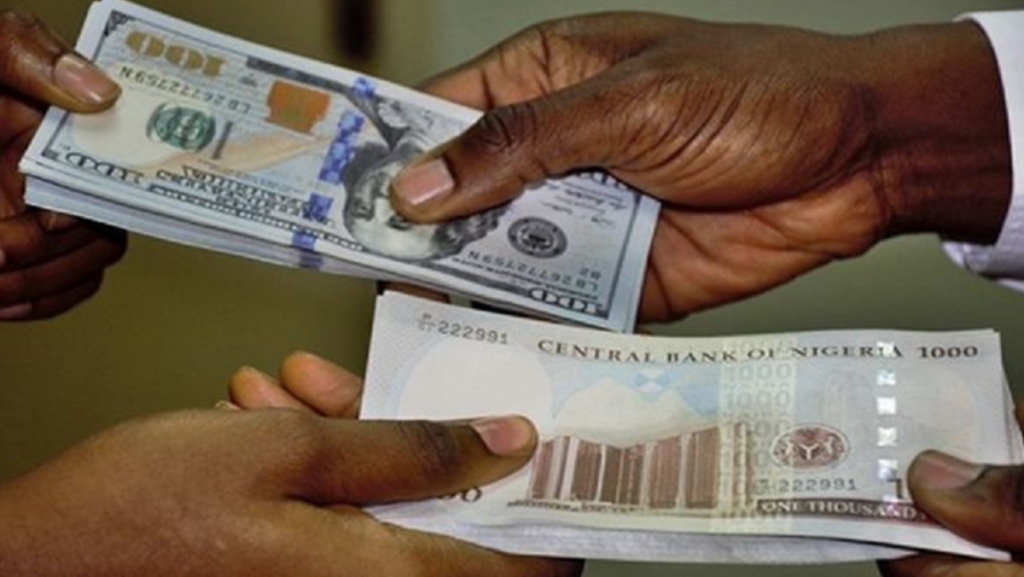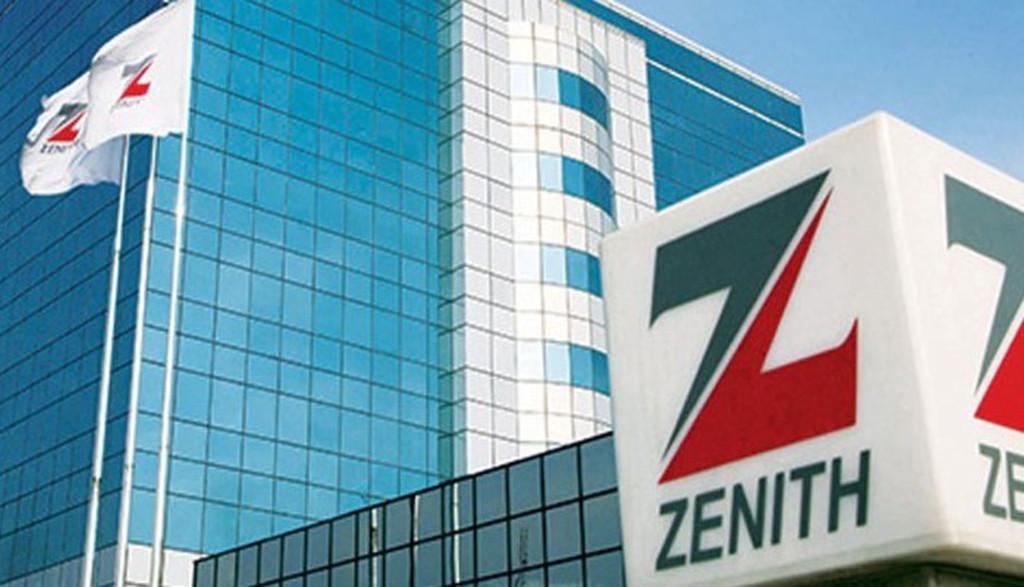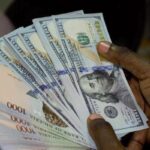The Nigerian naira has plunged to a historic low of N900 against the US dollar in the official market, marking a setback despite relentless efforts by the Central Bank of Nigeria (CBN) to shore up the national currency.
It also plummeted to an all-time low of N1,400 against the US dollar at the parallel market on Thursday, intensifying concerns about the country’s economic stability.
Join our WhatsApp ChannelDespite interventions by the Central Bank of Nigeria (CBN), the naira’s value continues to decline, creating unease among citizens and financial experts.
READ ALSO: 5 Measures To Stabilize Naira As Value Sinks To New Low Of N1,400/$1
Bureau de Change (BDC) operators reported the alarming depreciation, with Usman Ibrahim from Yaba, Lagos, stating, “For today, one dollar is N1,400, but if you don’t buy it today, I cannot assure you of the same price tomorrow.” Another operator, Abubakar Taura, confirmed the downward trend, revealing that the naira now sells for N1,400/$.
High demand for the dollar and uncertainty in the market further contribute to the prevailing situation.
The cryptocurrency peer-to-peer market mirrored the naira’s struggles, reaching a high of N1,400/$ on Binance’s P2P platform. Nigeria’s prominence in peer-to-peer exchange volumes, according to blockchain firm Chainalysis, adds another layer of complexity to the economic landscape.
Despite the CBN’s efforts, including a $2 billion payment towards FX backlogs and a $2.25 billion oil-for-cash loan facility, the impact is yet to be felt in the market.
CBN Governor Olayemi Cardoso expressed optimism about the future, anticipating stabilization in 2024, attributing it to reduced petroleum product imports and the implementation of a market-determined exchange rate policy.
However, challenges persist, as IMF’s Dr. Christian Ebeke linked the exchange rate volatility to excess naira in circulation and structural factors in the evolving market. With projections of further depreciation, such as Johnson Chukwu’s estimate of N1,500/$ in 2024, the Nigerian economy faces a critical period requiring strategic interventions for recovery.

















Follow Us